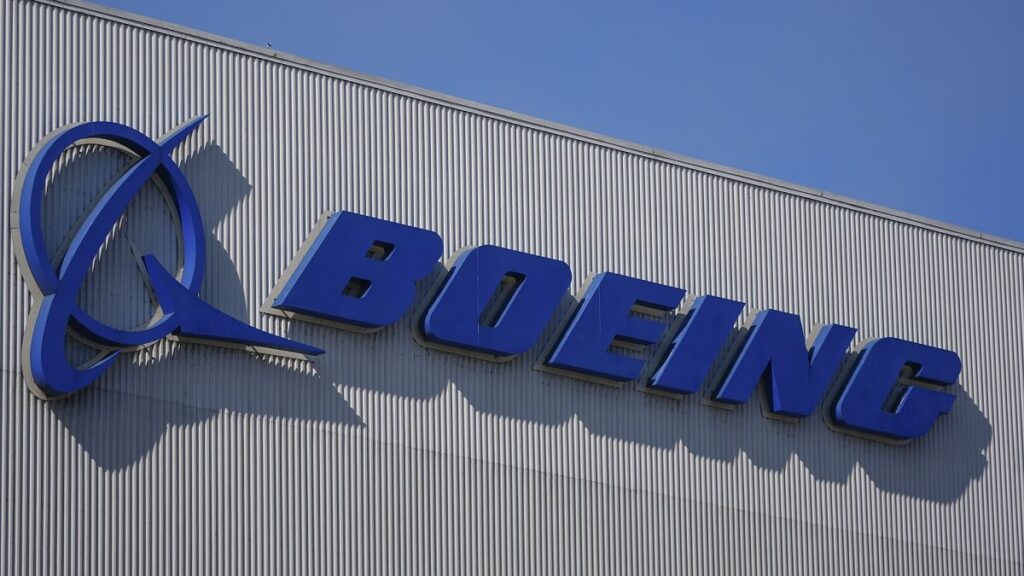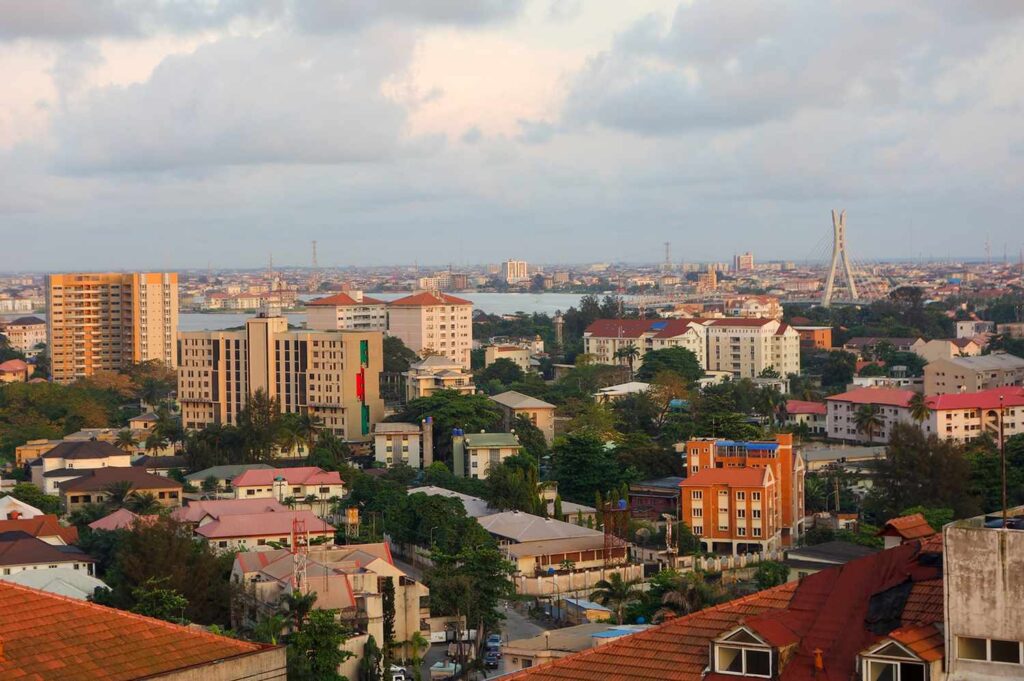The cause of Sunday’s crash in which all 175 passengers and four of the six crew aboard the Jeju Air Boeing 737-800 flight remains under investigation.
The value of Boeing shares took another knock on Monday with a 4% fall at one stage following the crash on Sunday of a Boeing 737-800 in what was the worst air disaster in South Korea’s history.
The cause of the crash remains under investigation, and aviation experts have been quick to separate Sunday’s incident from the company’s earlier safety problems.
Crash cause under investigation
Alan Price, a former chief pilot at Delta Air Lines who is now a consultant, said it would be inappropriate to link the incident Sunday to two fatal crashes involving Boeing’s troubled 737 Max jetliner in 2018 and 2019. In January this year, a door plug blew off a 737 Max while it was in flight, raising more questions about the plane.
The Boeing 737-800 that crash-landed in Korea, Price noted, is: “A very proven airplane. It’s different from the Max …It’s a very safe airplane.”
2024 was already a hard year for the American aviation giant. But when one of the company’s jets crash-landed in South Korea on Sunday, killing all but two of the 181 people on board, it brought to a close an especially difficult year for Boeing.
For decades, Boeing has maintained a role as one of the giants of American manufacturing. But the the past year’s repeated troubles have been damaging. The company’s stock price is down more than 30% in 2024.
The company’s reputation for safety was especially tarnished by the 737 Max crashes, which occurred off the coast of Indonesia and in Ethiopia less than five months apart in 2018 and 2019 and left a combined 346 people dead. In the five years since then, Boeing has lost more than $23bn (€22.1bn). And it has fallen behind its European rival, Airbus, in selling and delivering new planes.
Strike crippled plane production
During autumn, 33,000 Boeing machinists went on strike, crippling the production of the 737 Max, the company’s bestseller, the 777 airliner and 767 cargo plane. The walkout lasted seven weeks, until members of the International Association of Machinists and Aerospace Workers agreed to an offer that included 38% pay raises over four years.
The year had started off badly. In January, a door plug blew off a 737 Max during an Alaska Airlines flight. Federal regulators responded by imposing limits on Boeing aircraft production that they said would remain in place until they felt confident about manufacturing safety at the company.
Conspiracy plea rejected
In July, Boeing agreed to plead guilty to conspiracy to commit fraud for deceiving the Federal Aviation Administration regulators who approved the 737 Max. Acting on Boeing’s incomplete disclosures, the FAA approved minimal, computer-based training instead of more intensive training in flight simulators. Simulator training would have increased the cost for airlines to operate the Max and might have pushed some to buy planes from Airbus instead. (Prosecutors said they lacked evidence to argue that Boeing’s deception had played a role in the crashes.)
But the plea deal was rejected this month by a federal judge in Texas who decided that diversity, inclusion and equity, or DEI policies in the government and at Boeing, could result in race being a factor in choosing an official to oversee Boeing’s compliance with the agreement.
Boeing has sought to change its culture. Under intense pressure over safety issues, David Calhoun departed as CEO in August. Since January, 70,000 Boeing employees have participated in meetings to discuss ways to improve safety.


